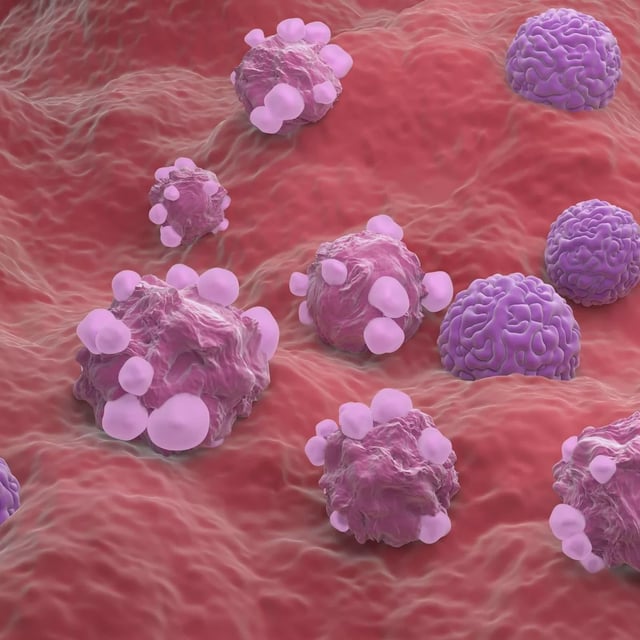Overview
- UCLH is now offering the ROCA surveillance service to women with BRCA1 or BRCA2 mutations, with other hospitals expected to follow.
- The algorithm assesses individual CA125 patterns over time to detect rising risk even when results remain below standard lab thresholds.
- Rising trends prompt imaging and clinical review, and exploratory surgery is considered if elevations persist despite normal scans.
- Clinicians cite studies reporting that ROCA-based monitoring halves diagnoses at the most advanced stages of ovarian cancer.
- The trust is partnering with the North Central London Cancer Alliance and GENinCode for rollout and is urging national commissioning to prevent a postcode lottery, including the option of central lab processing.

